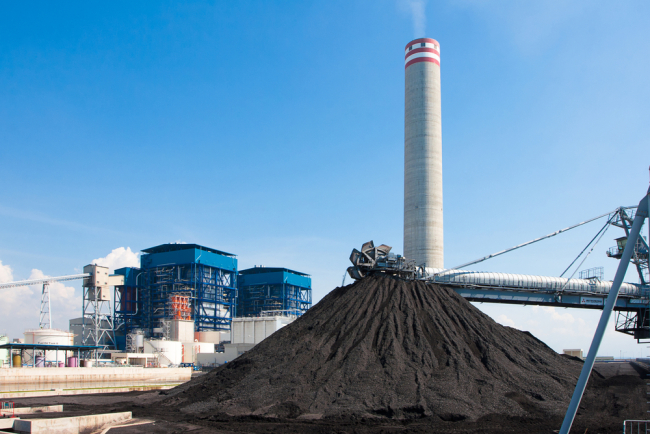COP21 : Haro sur le charbon
Despite a landmark agreement on climate in December 2015, reducing the share of coal in the world energy mix will remain extremely difficult. This paper analyses five large consumers choices in terms of coal and clean coal technologies.


On the Campaign Trail in Taiwan
Taiwan remains a hyperactive democracy, where political rallies and gatherings of various types are being organized in all directions as the elections draw near. This photo essay shows photos mainly taken during political rallies in Taipei in December 2015, two to three weeks before the presidential and legislative elections on January 16, 2016.


Devaluation of the Yuan: Claude Meyer answers Yves Bourdillon
Is the sudden devaluation of the Yuan a sign of some form of panic from Beijing following the slowed growth of the Chinese economy?
Does this decision create deflationary risks for the global economy?
What prospects for the Yuan’s international status?


"The Yuan isn’t ready to replace the Dollar"
China’s ambition is to become a great financial power. But the necessary reform of its financial system and its will to act progressively could mean that it will be a long time before its exchange rate system is liberalized. Can the Yuan realistically become an international currency?


Understanding China’s Financial Expansion
In this interview, Claude Meyer underlines the three major vulnerabilities of the Chinese economy, and describes the investments China has made since the early 2000’s to address them.


China’s growth declines, stock markets fall: what consequences should we be worried about?
All the European stock exchanges declined on Monday, as concerned investors looked with pessimism at China’s slowing growth. Paris lost 5.35 %. Claude Meyer discusses what consequences can be expected.


The economic consequences of Tianjin’s explosions
Five days after Tianjin’s impressive explosions, Toyota announced a three-day stop in the production of its city’s sites. The Japanese company is far from being the only one concerned.
The region, also known as Beijing’s maritime gateway, is one of the most dynamic in the country. No less than 540 million tones of merchandise transit through its harbor every year, making it the fourth biggest in the world.
“Tianjin is one of the spearheads of the Chinese economy”, summarizes Claude Meyer. “This catastrophe concerns about 300 multinationals among the world’s most important ones”. What will be the impact of these explosions on the Chinese economy?


Shanghai’s stock market woes hit European financial centers
Claude Meyer answers Jean-Baptiste Boursier’s questions in “le Grand Angle” on BFMTV.
Washington and Beijing, between competition and interdependence
During his state visit in the United States, the Chinese President Xi Jinping called for a new model of relations between the two countries. In Alice Ekman’s opinion, the notion of a “new type of major power relations” invoked by China implies the establishment of a relationship that would put the country on an equal footing with the United States.
China’s Difficult, but Necessary Bet on Climate
While China may be setting the bar high for itself in it's commitments for the COP21 climate negotiations this December, these ultimately serve to foster necessary progress on environmental issues and economic reforms at home.
Support independent French research
Ifri, a foundation recognized as being of public utility, relies largely on private donors – companies and individuals – to guarantee its sustainability and intellectual independence. Through their funding, donors help maintain the Institute's position among the world's leading think tanks. By benefiting from an internationally recognized network and expertise, donors refine their understanding of geopolitical risk and its consequences on global politics and the economy. In 2025, Ifri supports more than 80 French and foreign companies and organizations.











